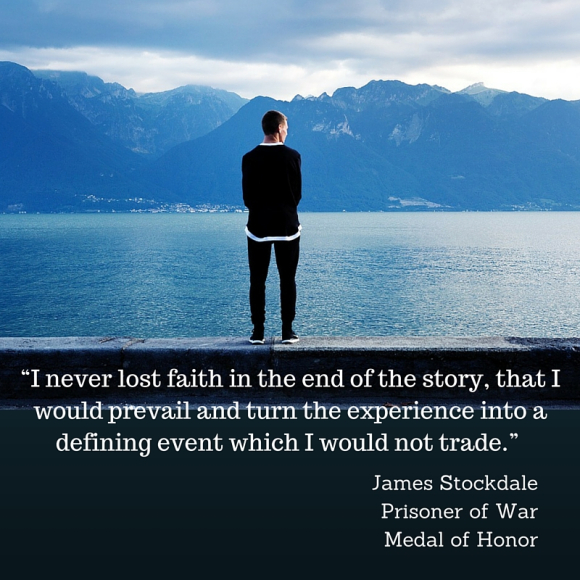When the President signed the Right to Try law at the end of May, I suddenly went from persona non gratis as a #preexisting condition to a terminally ill darling whose life Congress and the administration were gushing to help save.
That was until yesterday when I actually tried to use the law to my benefit.
Maybe you’ve heard of this thing called “Precision Medicine” which is ushering in a new age in cancer treatment. Thanks to DNA decoding, cancer patients like myself can have their tumor’s DNA decoded to see if it offers any new information for treatment options.
In my case, new pathology shows my tumor is 100% androgen positive, in addition to being estrogen positive. That means the tumor, now deprived of its estrogen feast because of the numerous anti-estrogen drugs I’ve been on, is now slurping down androgen to survive.
The problem is the anti-androgen drugs on the market are so far only approved for prostate cancer, not breast cancer. There are clinical trials underway for breast cancer, but I don’t qualify for them.
That’s where the Right to Try law offered some hope. Its goal, at least we were told, was to give terminally ill people like myself the option of trying drugs that weren’t yet approved by the FDA for treatment of my type of cancer, but had shown promise. All I needed to do was sign an informed consent that said I am willing to serve as a guinea pig and accept all the risks that come with it.
I knew going into it there would be appeals and denials. One thing I didn’t expect was how cavalier my pharmacy benefits manager Prime Therapeutics would be. My oncologist scheduled a peer-to-peer appeal – where their doctors hear out her arguments over the benefits of this drug – to take place while she was on vacation. For whatever reason, they couldn’t make the call and rescheduled it a week later.
I’m only a terminally ill patient who’s not on treatment. What’s another week’s wait?
That appeal was schedule for 11 a.m. yesterday. When the panel failed to make the call, my oncologist’s team went to work tracking them down. An hour later the benefits manager sent an email saying the appeal wouldn’t be heard. End of story.
Obviously I was frantic. Didn’t they know about this Right to Try law? Certainly my patient rights have been violated. I spent the next hour looking for news articles, testimony, anything I could find about it. Finally, I found the text of the law. One, single page. I’ve never known a law to be written so succinctly.
When I read it I learned that it offers patients nothing, in fact it expressly states that it creates “no mandate or entitlement” for patients. The only thing it does is let drug companies off the hook should they agree to offer me the drug, it doesn’t work or I get some horrific side effects and want to sue.
This point was completely missed by the press coverage of the new law, which went to great lengths to talk to doctors who obviously don’t spend a lot of time with the “terminally ill” but were more than willing to talk about how innocents like myself were now sure to be duped or misled by the holy grail of a treatment promise.
Even the law as it’s written seems to see those of us who are terminally ill as frail, bed-ridden, desperate folks looking for some Hail Mary pass that will buy us a few days or a month of life.
Sorry folks, that’s Hollywood, not life. Most of us live quite active, robust – even athletic lives. The way we extend those lives is a series of running plays – drugs that we’re guaranteed at some point will stop working, but that have added days, months, sometimes years to our life.
The more drug options we have to stave off our disease, the longer we have to live. And hopefully somewhere in that timeline a more effective treatment comes online.
In order for a Right to Try law to be effective, it needs to address all the players – the drug companies, the health insurance companies, doctors, hospitals, patients, caregivers and researchers. And we need to see ourselves as part of a team whose goal is to create optimum health, quality of life and longevity. We need to lose this “us against them” mentality where the patient seems to be the biggest loser.
There’s a lot of reason to hope with what’s going on in the world of cancer. But what’s the use of any of it if patients can’t take advantage of the progress being made?



